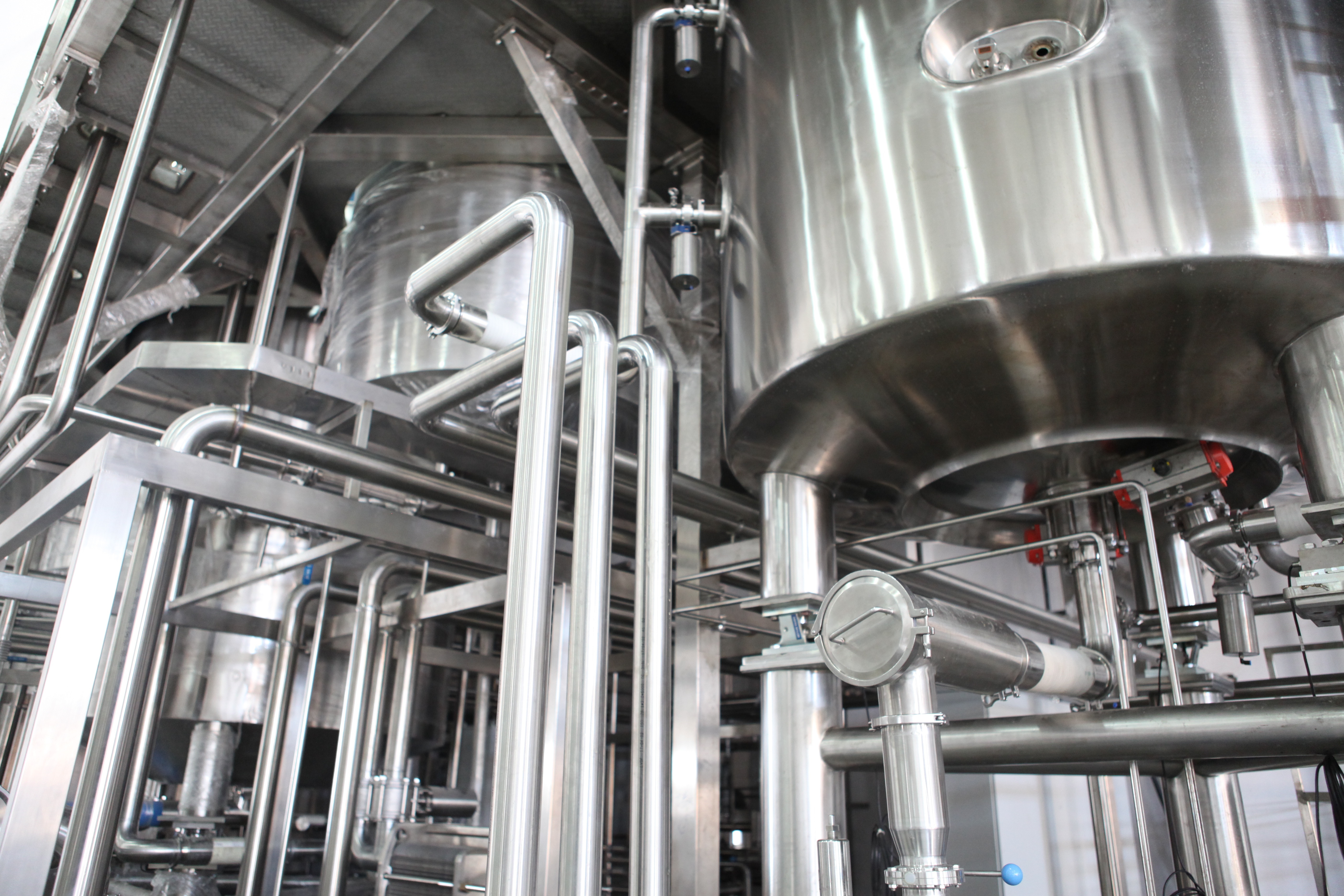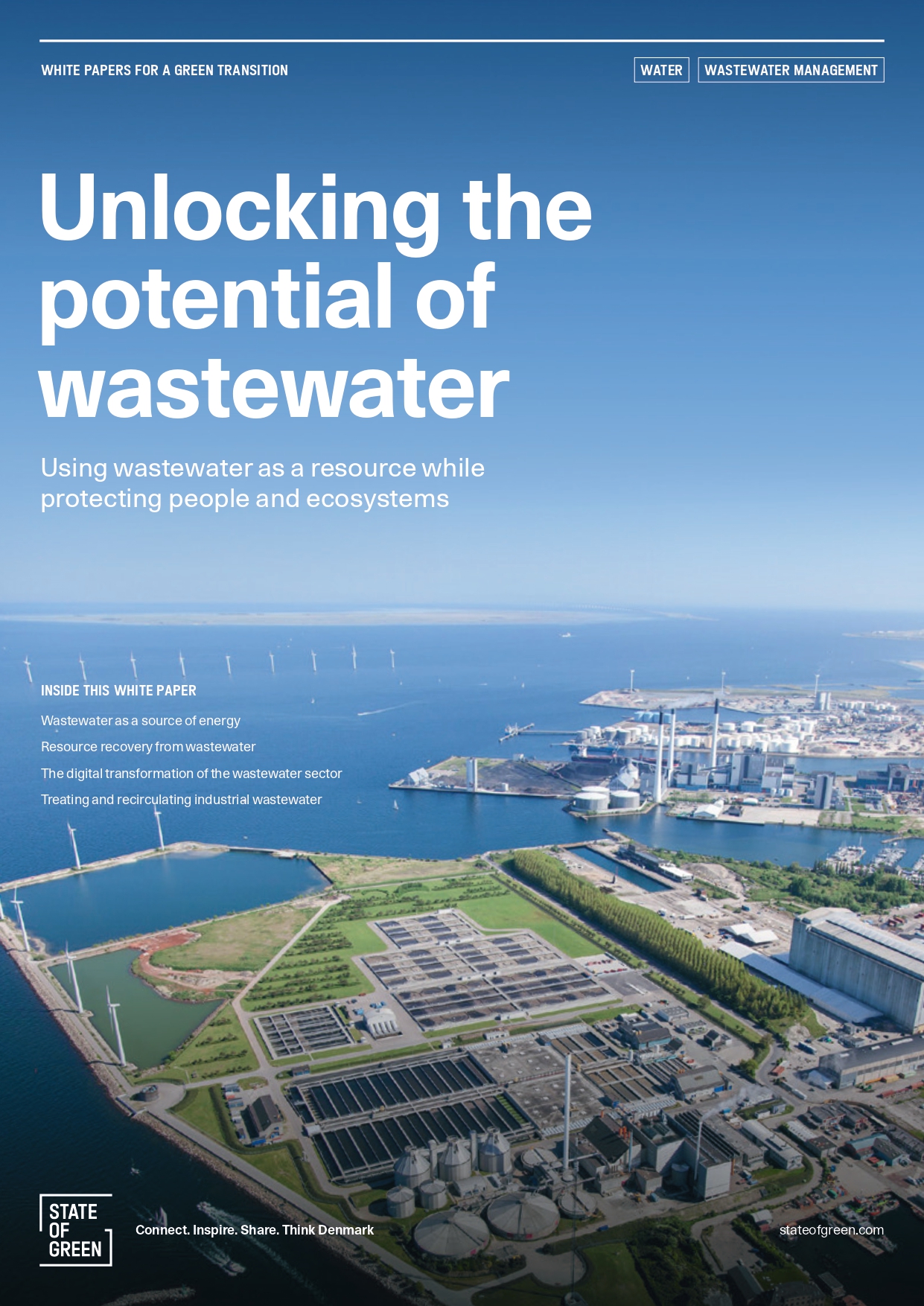Download our publication on unlocking the potential of wastewater
Discover our white paper on how to use wastewater as a resource while protecting people and ecosystems.
Explore the publicationPerspective
Wastewater management
Wastewater treatment
Water efficiency in industries
+2



Discover our white paper on how to use wastewater as a resource while protecting people and ecosystems.
Explore the publicationWater recycling is becoming more relevant with the growing scarcity of water resources combined with increasing demand for water. Industry water consumption accounts for more than 50 percent of the EU’s total annual abstraction and industrial wastewater presents a mounting challenge to municipal treatment facilities due to its diverse range of toxins, temperature fluctuations, pH imbalances and the sheer volume and variety of hazardous substances it contains.
Wastewater from the food and beverage industries is generally well suited for centralised treatment since it is often rich in easily degradable organic compounds, which provide nutrients for the growth of microorganisms and thereby enhance biological processes. On the other hand, wastewater from various manufacturing processes, like pharmaceutical, electroplating, petrochemical and textile production, has a much more complex composition and often includes sub-stances that do not respond to biological treatment.
A recent study showcases the enormous potential of reducing, reusing and reclaiming industrial water in the production of food and beverages, pharmaceuticals and other light industries. The water-saving potential of circularity is estimated to be 50-70 percent of the industry’s current water consumption, proving both an economic and ecologic benefit. Additionally, industries are under pressure to develop innovative solutions to use technical water, that is, water unfit for human consumption. This technical water, sourced from alternative sources such as treated municipal wastewater, can be used in applications where drinking water quality is not imperative.
Many utilities are looking into investing in a fourth treatment step to remove cosmetic and medicinal residues. This development is driven by the revised EU directive on urban wastewater treatment, which, amongst others, imposes the fourth step on all wastewater treatment plants above 150,000 PE and wastewater treatment plants above 10,000 PE discharging to sensitive areas by 2045. For industrial wastewater stemming from cosmetics and pharmaceutical companies, a minimum of 80 percent of the costs for this fourth step must be covered by the companies themselves. In the new EU directive proposal, extended producer responsibility is put on these industries giving them clear incentives to develop more degradable products and invest in the optimisation of their own wastewater treatment, which some Danish corporations have already initiated.
PFAS has also become a growing headache driving innovation. To prevent future pollution, an EU ban on 10,000 different PFAS substances, the so-called ‘forever chemicals’, seems to be on its way. This ban has been proposed by Denmark alongside Germany, the Netherlands, Norway and Sweden.
solutions
Climate change adaptation
+4
Perspective
Sector coupling
+9